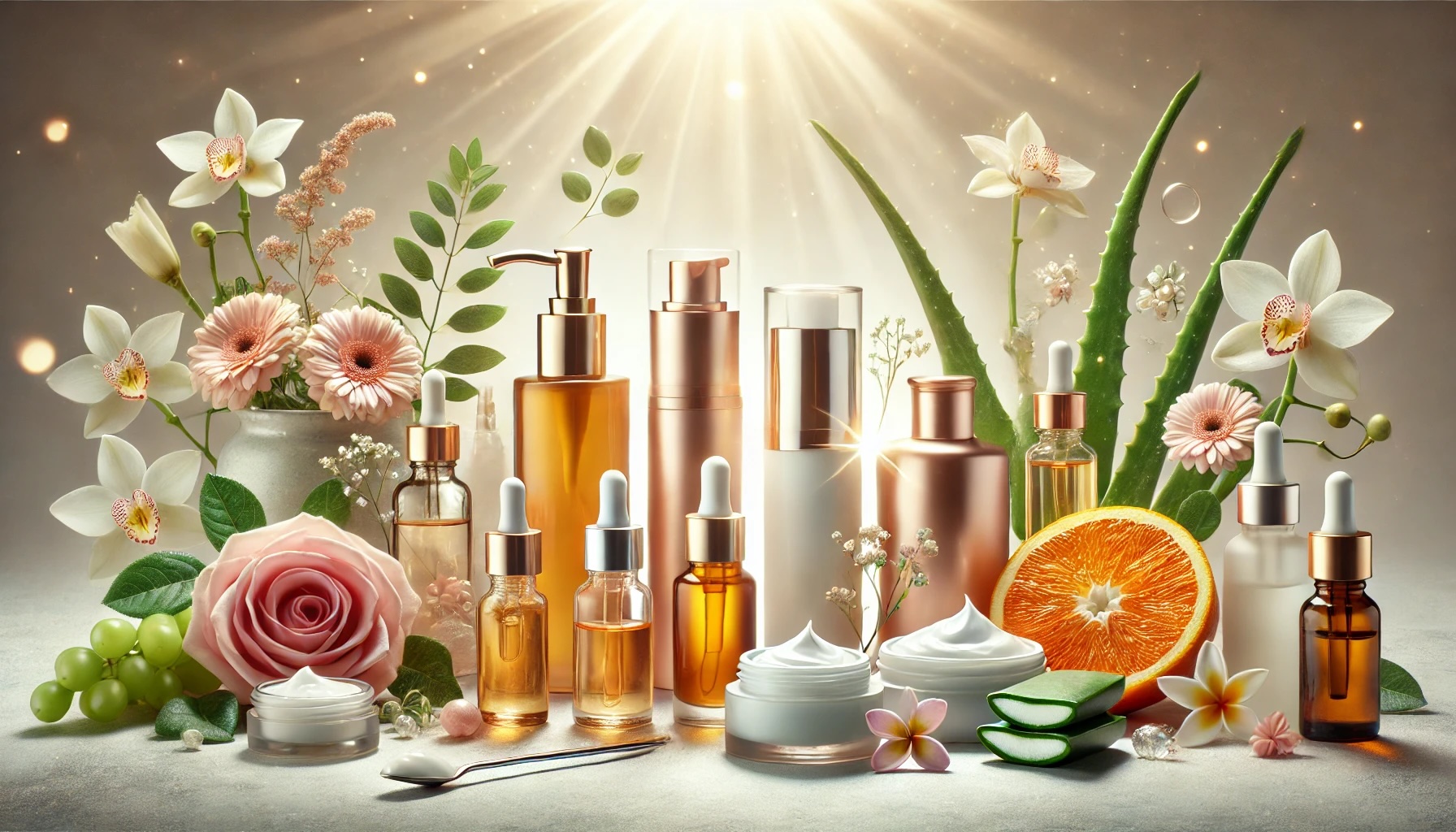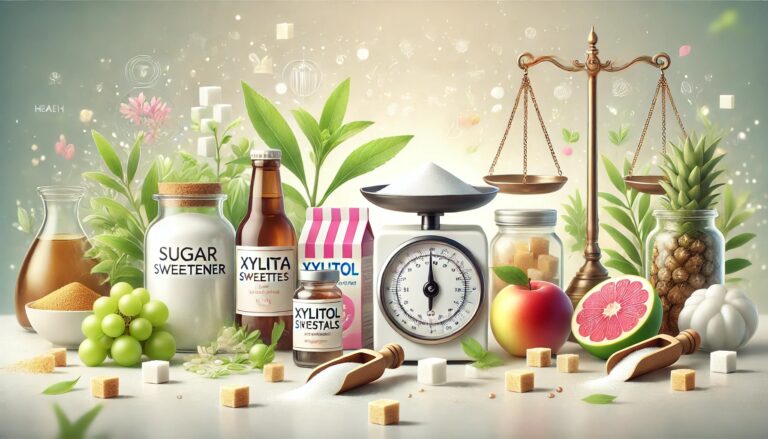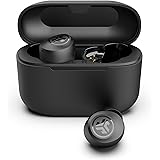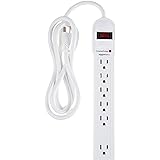Anti-aging is a cornerstone of skincare, as everyone desires to delay the visible effects of time and maintain youthful, radiant skin. However, with countless products on the market, choosing the right one can feel overwhelming, especially with the variety of advertised ingredients. So, which skincare ingredients are truly effective against aging? This article explores scientifically proven anti-aging skincare ingredients, helping you select the products that suit your needs and embark on a journey to smarter skincare.
What Is the Essence of Anti-Aging?
Before diving into skincare ingredients, it’s essential to understand what anti-aging truly means. Skin aging generally manifests in the following ways:
1. Collagen Loss: Leading to sagging skin and the formation of wrinkles.
2. Free Radical Damage: Accelerating skin aging, causing dullness and pigmentation.
3. Moisture Loss: Resulting in dry, less elastic skin.
4. Slowed Cell Turnover: Dead skin builds up on the surface, diminishing skin’s natural glow.
To address these root causes, anti-aging skincare ingredients are designed to repair, protect, and rejuvenate the skin.
The Most Effective Anti-Aging Skincare Ingredients
Here are some scientifically validated anti-aging ingredients, each targeting specific skin concerns:
1. Retinol
• How It Works: Retinol, a derivative of vitamin A, stimulates collagen production, accelerates cell turnover, and reduces the appearance of fine lines and wrinkles.
• Best For: Mature skin or as a preventative anti-aging solution.
• Usage Tips: Retinol can cause dryness and sensitivity; start with a low concentration and pair it with a moisturizer. Use it at night for best results and always wear sunscreen during the day.
2. Vitamin C
• How It Works: A powerful antioxidant, vitamin C neutralizes free radicals, protects skin from environmental damage, brightens the complexion, and reduces pigmentation.
• Best For: Dull skin, hyperpigmentation, and preventing photoaging.
• Usage Tips: Vitamin C is sensitive to heat and light; opt for stable formulations and store in a cool, dark place.
3. Hyaluronic Acid
• How It Works: Hyaluronic acid is a potent humectant that retains moisture, enhances skin elasticity, and minimizes the appearance of fine lines caused by dehydration.
• Best For: All skin types, especially dry or dehydrated skin.
• Usage Tips: Use it alone or pair it with other active ingredients to boost absorption.
4. Peptides
• How It Works: Peptides, composed of amino acids, promote collagen production, repair damaged tissue, and strengthen the skin barrier.
• Best For: Skin that is sagging or lacking elasticity.
• Usage Tips: Peptides are gentle and can be used alongside other active ingredients.
5. Alpha Hydroxy Acids (AHAs)
• How It Works: AHAs chemically exfoliate the skin, accelerating cell turnover, smoothing texture, and stimulating collagen production.
• Best For: Rough-textured skin or those needing a brighter complexion.
• Usage Tips: AHAs can increase sun sensitivity; always follow with sunscreen during the day.
6. Niacinamide
• How It Works: A derivative of vitamin B3, niacinamide strengthens the skin barrier, improves uneven skin tone, and offers anti-inflammatory and oil-regulating properties.
• Best For: Sensitive skin, oily skin, and those with pigmentation issues.
• Usage Tips: Gentle and versatile, niacinamide can be used with other active ingredients.
7. Antioxidants
• Common Types: Coenzyme Q10 (CoQ10), green tea extract, and resveratrol.
• How It Works: Antioxidants neutralize free radicals, slow down skin aging, and protect against environmental pollutants and UV damage.
• Best For: All skin types, particularly those exposed to urban environments.
8. Ceramides
• How It Works: Ceramides are essential components of the skin barrier, helping to retain moisture, repair damage, and alleviate dryness and sensitivity.
• Best For: Dry, sensitive, or compromised skin.
• Usage Tips: Ideal as part of a daily routine, especially when paired with hydrating products.
How to Choose the Right Anti-Aging Products
1. Understand Your Skin’s Needs
• For fine lines and sagging, prioritize retinol and peptide-based products.
• For brightening or reducing pigmentation, vitamin C is a great choice.
• For dry or damaged skin, opt for hyaluronic acid and ceramides.
2. Start with a Single Active Ingredient
When first exploring anti-aging skincare, begin with one active ingredient and observe how your skin reacts before introducing additional elements.
3. Check Concentrations
Higher concentrations aren’t always better, especially for sensitive skin. Start with lower concentrations and gradually build tolerance.
4. Never Skip Sunscreen
No matter which anti-aging ingredient you use, sunscreen is essential. UV rays are a primary cause of skin aging, and wearing sunscreen protects your skincare investment.
A Suggested Anti-Aging Skincare Routine
1. Cleansing: Use a gentle cleanser to remove dirt and oil, preparing your skin for subsequent steps.
2. Antioxidant Serum: Apply a vitamin C serum in the morning to combat free radicals.
3. Moisturizer: Use a hydrating product with hyaluronic acid or ceramides to keep skin plump and supple.
4. Nighttime Repair: At night, apply a retinol or peptide serum to encourage cell renewal and repair.
5. Sunscreen: During the day, always finish with a broad-spectrum sunscreen to prevent UV damage.
Conclusion: Smart Skincare for Timeless Beauty
Anti-aging skincare is not an overnight solution but a gradual process that requires patience and consistency. By incorporating scientifically proven ingredients like retinol, vitamin C, and hyaluronic acid, while maintaining a solid foundation of sun protection and healthy lifestyle habits, you can significantly delay the signs of aging.
Embrace smart skincare, and let your skin defy the passage of time with confidence and grace!



















